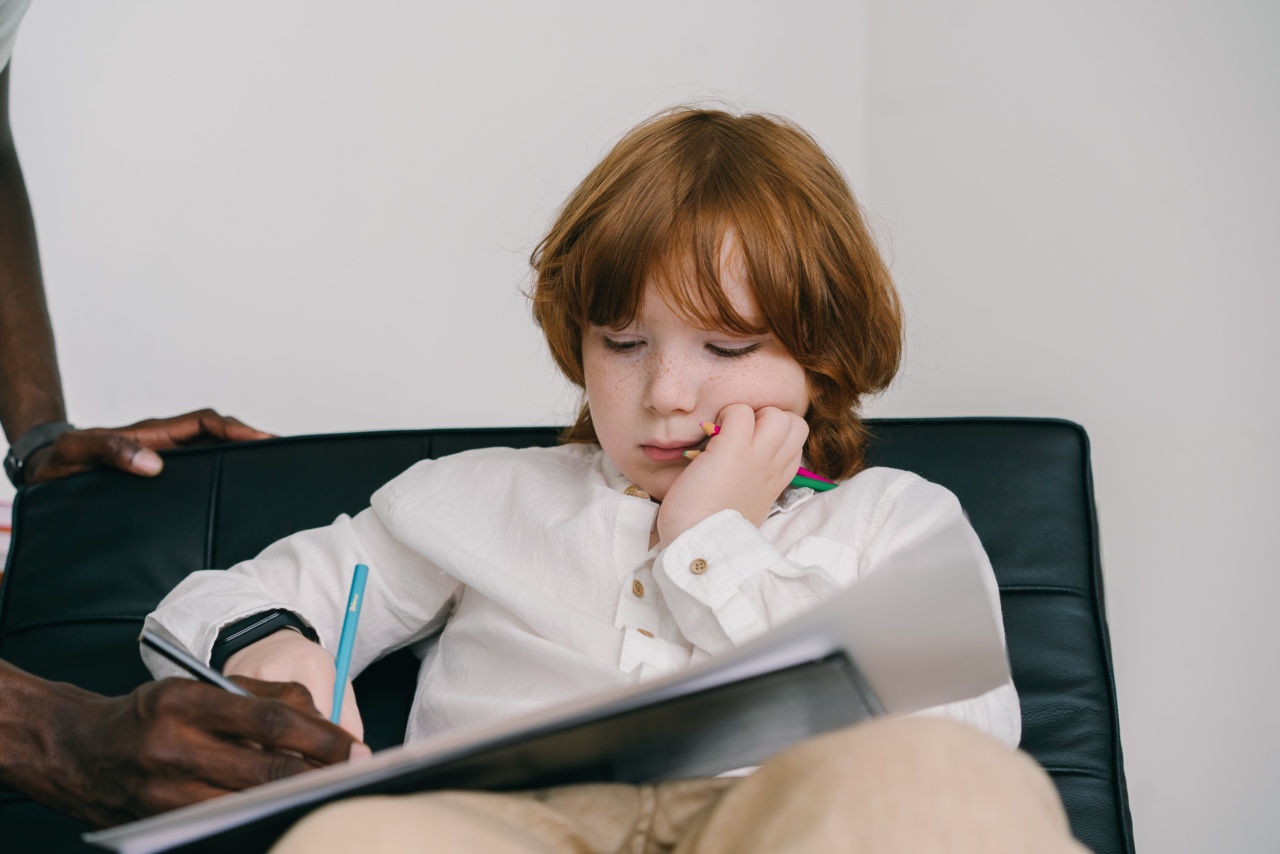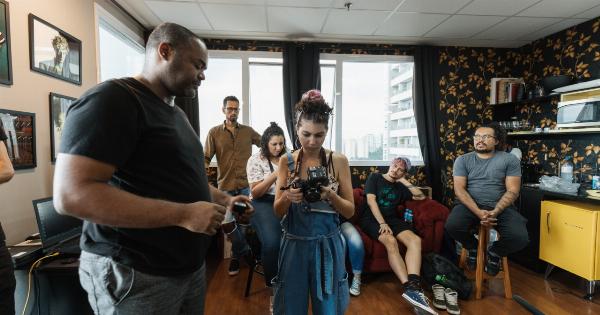Autism spectrum disorder (ASD) is a complex developmental disorder that affects communication, behavior, and social interactions.
While there is no single test to diagnose autism, parents and caregivers can look out for early signs and symptoms of ASD in young children. Here are five simple questions to test for autism in children:.
Question 1: Does your child make eye contact?
Children with autism may avoid eye contact or have difficulty looking directly at others. This can make it hard for them to understand nonverbal cues and develop social skills.
While some babies may take time to establish eye contact, children with autism may not initiate eye contact at all, even as they grow older.
Question 2: Does your child respond to their name?
If your child does not respond to their name consistently by the age of 12 months, it may be a sign of autism. Children with autism may appear to be in their own world and struggle to respond to social cues.
Question 3: Does your child engage in pretend play?
Many children with autism may have difficulty engaging in imaginative, pretend play. They may focus on repetitive activities, rather than exploring their creativity.
This can make it difficult for them to interact with other children and develop social skills.
Question 4: Does your child exhibit repetitive behaviors?
Children with autism may have repetitive behaviors, such as hand flapping, rocking, or spinning. They may also have rigid routines or rituals that they follow every day.
While many young children may have some repetitive behaviors, children with autism may have more intense and frequent repetition.
Question 5: Does your child struggle with communication?
Children with autism may have difficulty with language development, such as delayed speech or limited vocabulary. They may also struggle to understand sarcasm, humor, or social cues.
Even if your child is not yet speaking, there are other ways to assess their communication skills, such as pointing, gesturing, and making noises.
Conclusion
While these questions can help identify possible signs of autism in young children, it is important to remember that each child is unique.
If you have concerns about your child’s development, it is best to consult with a healthcare provider or specialist who can help diagnose and provide early intervention for autism spectrum disorder.





























